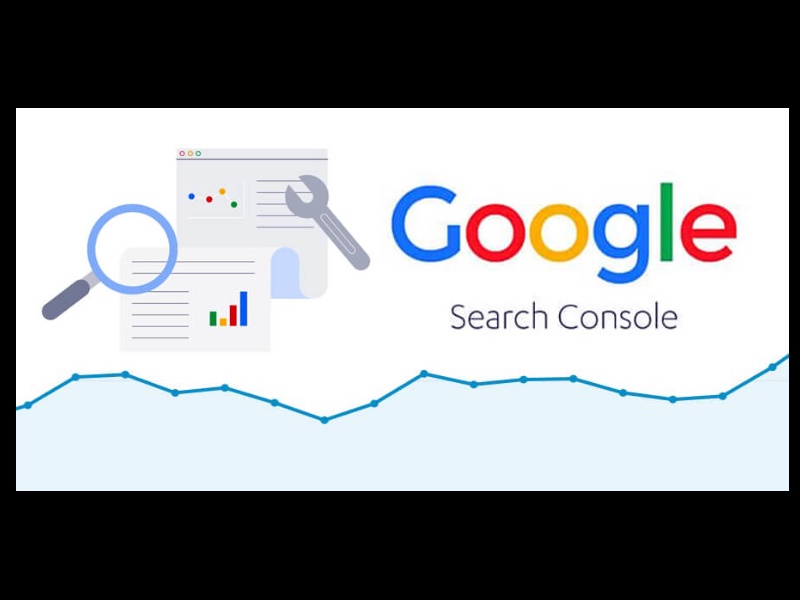In today's highly competitive digital landscape, businesses need to stay ahead of the curve by having access to the latest insights and trends. Google Search Engine Results Pages (SERPs) and Google Trends are valuable sources of information that can provide businesses with a competitive edge. By leveraging the Google SERP API and Google Trends API from ZenSERP, businesses can unlock a wealth of data and gain actionable insights to drive their strategies forward. We will explore the benefits of the Google SERP API and Google Trends API and how ZenSERP enables businesses to harness their power effectively.
Understanding the Google SERP API:
The Google SERP API from ZenSERP allows businesses to retrieve search engine results directly from Google's powerful search engine. This API enables businesses to access real-time search data, including organic search rankings, paid search advertisements, featured snippets, and more. By leveraging the Google SERP API, businesses can gain valuable insights into their online visibility, competition, and customer behavior.
Key Features of the Google SERP API:
-
Accurate SERP Data: The Google SERP API delivers accurate and up-to-date SERP data, providing businesses with the most recent search engine rankings of their target keywords. This data enables businesses to assess their online presence and make informed decisions to improve their search engine optimization (SEO) strategies.
-
Rich Result Types: ZenSERP's Google SERP API supports various result types, including organic results, paid advertisements, featured snippets, and knowledge panels. This allows businesses to analyze the different types of search results and optimize their content to maximize visibility and engagement.
-
Customizable Parameters: The Google SERP API allows businesses to customize their search queries with parameters such as language, location, device, and time. This flexibility enables businesses to obtain location-specific search results, analyze keyword performance in different languages, and track search trends across specific timeframes.
Exploring the Google Trends API:
The Google Trends API from ZenSERP provides businesses with access to historical and real-time search trends data. This API allows businesses to understand search query popularity over time, identify emerging trends, and gain insights into consumer behavior. Leveraging the Google Trends API empowers businesses to make data-driven decisions that align with popular search interests and capitalize on market opportunities.
Key Features of the Google Trends API:
-
Historical Search Trends: The Google Trends API allows businesses to retrieve historical search trends data, providing insights into the popularity of specific search queries over time. By analyzing historical trends, businesses can identify seasonality, evaluate long-term market trends, and plan marketing campaigns accordingly.
-
Real-time Search Trends: ZenSERP's Google Trends API provides businesses with real-time access to search trends data. This enables businesses to track the latest trends and monitor shifts in consumer interests as they happen. Real-time insights help businesses identify emerging opportunities and adapt their strategies to stay relevant.
-
Regional and Category Data: The Google Trends API allows businesses to retrieve search trends data specific to regions and categories. This functionality enables businesses to understand regional variations in search trends, identify geographic opportunities, and tailor their marketing efforts accordingly.
Maximizing Insights and Opportunities:
By leveraging the Google SERP API and Google Trends API from ZenSERP, businesses can gain valuable insights and capitalize on emerging opportunities. Here are some strategies to consider:
-
Competitive Analysis: Use the Google SERP API to assess your competitors' online visibility and understand their SEO strategies. Analyze their organic search rankings, paid advertisements, and featured snippets to gain a competitive edge in your industry.
-
Content Optimization: Analyze the search results delivered by the Google SERP API and identify opportunities to optimize your content. Leverage keyword insights and featured snippet data to improve your website's visibility and attract more organic traffic.
-
Identifying Market Opportunities: Utilize the Google Trends API to identify emerging search trends and consumer interests. Align your marketing and content strategies with popular search queries to capitalize on market opportunities and stay ahead of your competitors.
-
Seasonal Campaigns: Analyze historical search trends using the Google Trends API to identify seasonal trends and plan targeted marketing campaigns. Tailor your campaigns to align with seasonal interests and consumer behavior.
Conclusion:
The Google SERP API and Google Trends API from ZenSERP offer businesses powerful tools for gaining insights and making data-driven decisions. By leveraging the Google SERP API, businesses can analyze their online visibility, competitor rankings, and optimize their content strategies. The Google Trends API enables businesses to identify emerging market trends, tailor their strategies to consumer interests, and maximize their marketing campaigns' effectiveness. ZenSERP empowers businesses to turn data into actionable insights, helping them stay ahead of the competition and adapt to ever-changing market dynamics. Embrace the power of the Google SERP API and Google Trends API from ZenSERP to enhance your business's performance and drive success in the digital landscape.


No comments yet